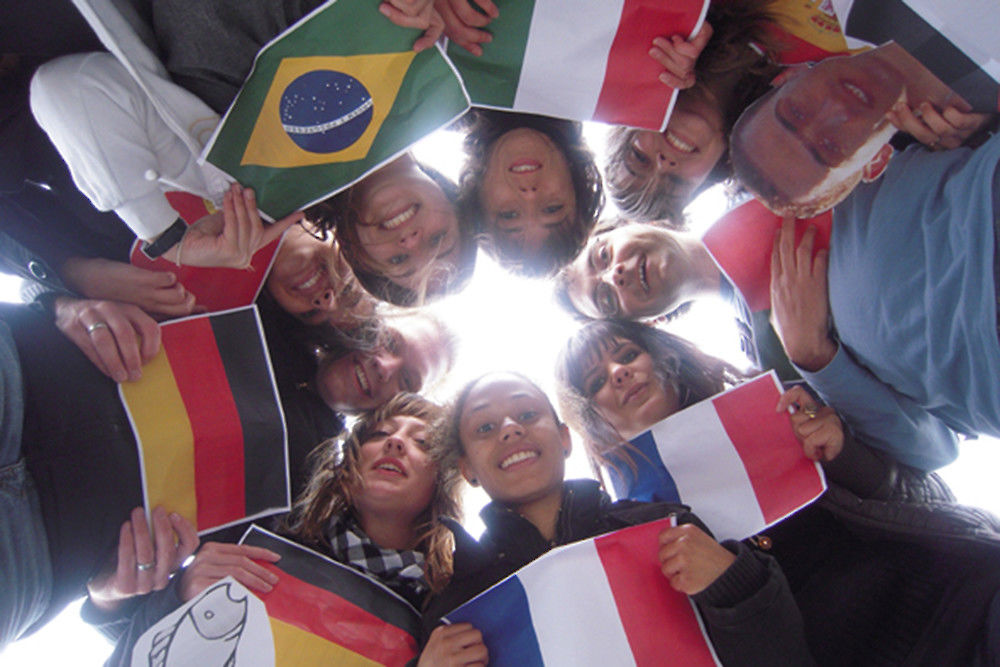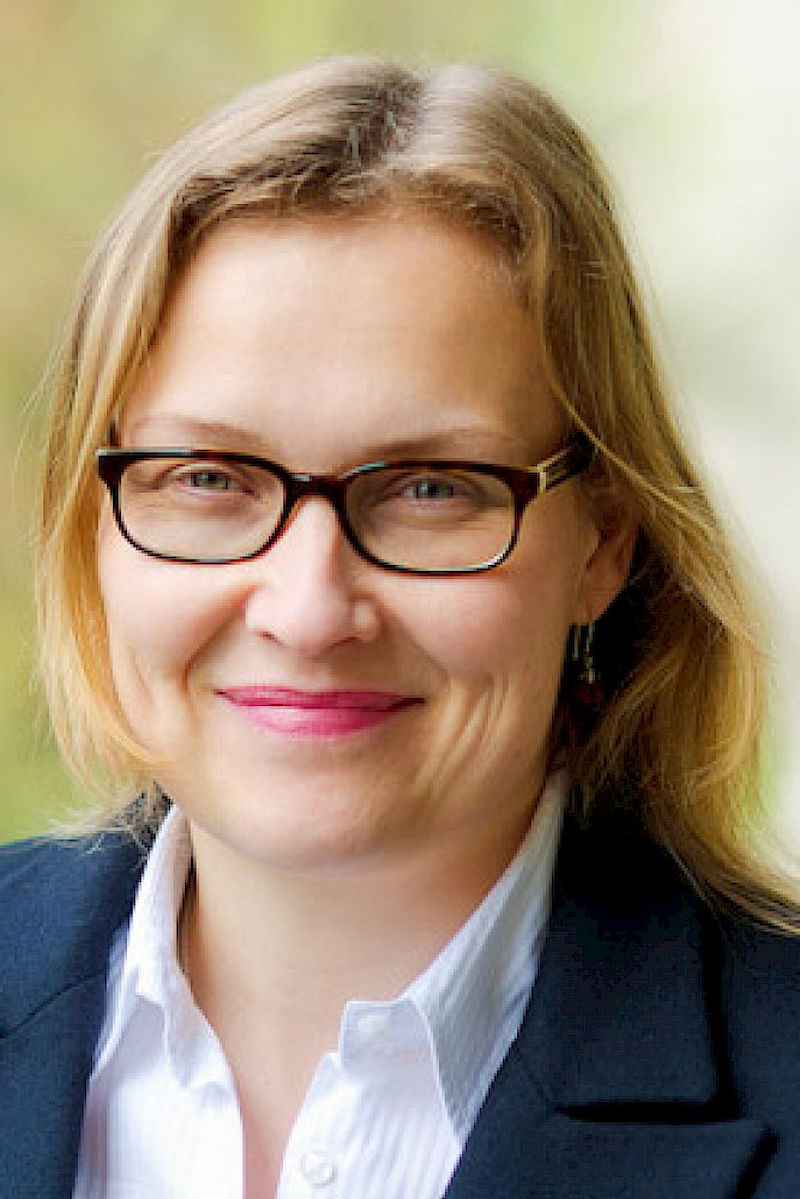Welcome to the club: a network for newbies

The network is less than a month old, but the first excursions, groups and events have already been planned. These include the Monday Morning Breakfast, a toddlers group for families with small children, and a joint visit to the Christmas Market on 14 December.
Everyone can participate because the club is open to all university employees and professors. Around 40 people responded to Dr. Manja Hussner’s first email. “It is a motley group made up of several professors, scientific staff and administration staff,” says the head of the International Office. More than 20 people came to the founding meeting. “That was just the initial start-up. Later it should run on its own,” Hussner says. The club of newcomers, which is expected to grow, is non-bureaucratic, on a voluntary basis, organised and supported by the participants themselves.
Medical professors Stephan Feller and Bernd Fischer came up with the idea. Feller, a Professor of Tumour Biology, moved to the town on the Saale from Oxford 15 months ago. He is teaching and carrying out research at the Institute of Molecular Medicine. His family settled in quickly and feels at home here, he says. Nevertheless, he believes that Germany’s “welcoming culture” is capable of improvement. People who speak little or no German have many bureaucratic hurdles to overcome at the beginning.
One example is that they need a translator so that foreign-language birth certificates are recognised by the city. “You need a support person who knows their way around in order to reduce stress levels at the beginning,” says Stephan Feller who thinks back fondly to the Newcomers’ Club in Oxford for another reason. “For families, it is not always easy to meet other families with children of a similar age when you move to a new city to work. The Newcomers’ Club is an ideal place to do this.”
The social contacts that the new network will offer are worth their weight in gold, says Manja Hussner. “It doesn’t matter how good the work at the university or the scientific environment is, if a guest researcher doesn’t feel very socially integrated, the overall impression they take home with them is reduced considerably.”
The club’s founders aren’t lacking in ideas. “There is so much you can do together in Halle – especially with small children,” asserts Stephan Feller. Cooking activities, excursions by tram and conversation groups for non-native speakers. After all, ‘Fettbemme’ is not in the dictionary.”
Sign up for the first Monday Morning Breakfast on 8 December 2014 by emailing Petra Fischer at pfischer10@t-online.de
MLU Newcomers Club online:

